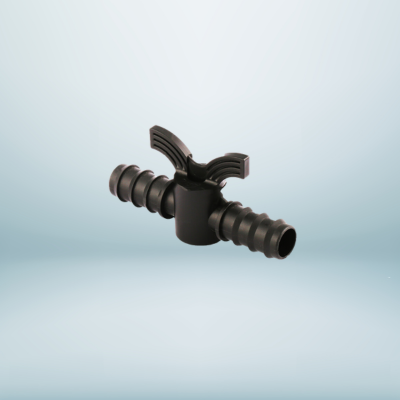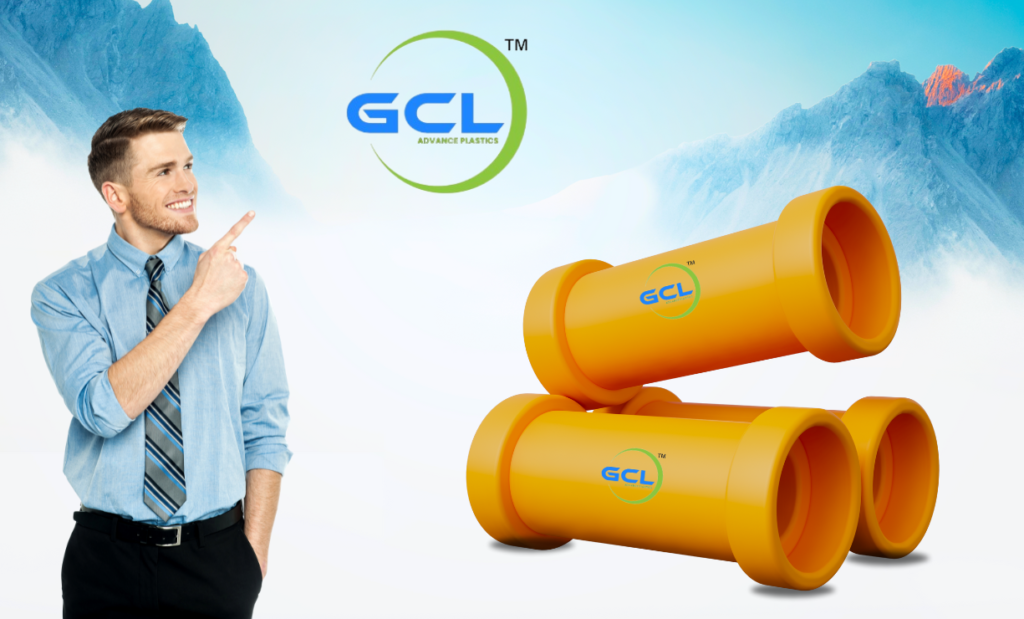- Silvassa - 396230, Dadra and Nagar Haveli , India
- info@gclglobalplastics.com


A vacuum infusion valve, also known as a resin infusion valve or vacuum resin valve, is a specialized component used in vacuum infusion processes for composite manufacturing. It plays a crucial role in controlling resin flow and maintaining vacuum pressure during the resin infusion process.
Resin Flow Control: The vacuum infusion valve regulates the flow of resin into the mold during the infusion process. It is typically placed at strategic points in the mold where resin is introduced into the laminate stack.
Vacuum Pressure Maintenance: The valve helps maintain the desired vacuum pressure within the mold cavity. This vacuum pressure is crucial for ensuring proper consolidation of composite layers, removing trapped air, and achieving uniform resin distribution.
Safety and Control: Vacuum infusion valves are designed to provide precise control over resin flow rates and vacuum levels. This ensures that the resin infusion process proceeds smoothly without overfilling the mold or compromising the integrity of the laminate.
Compatibility: These valves are compatible with various resin systems used in composite manufacturing, including epoxy, polyester, vinyl ester, and other resin formulations.
Design Variations: Vacuum infusion valves come in different designs and configurations to suit specific application requirements. Some valves are integrated with flow sensors or pressure gauges to monitor resin flow rates and vacuum levels in real-time.
Aerospace: Vacuum infusion valves are used in aerospace manufacturing for producing composite aircraft components such as wings, fuselage sections, and structural parts.
Wind Energy: In wind turbine blade manufacturing, these valves facilitate resin infusion processes to produce lightweight and durable composite blades capable of withstanding harsh environmental conditions.
Marine: Vacuum infusion valves play a critical role in boat building for manufacturing composite hulls, decks, and structural components with high strength-to-weight ratios and excellent corrosion resistance.
Automotive: Used in automotive applications for producing composite body panels, interior components, and structural parts that offer enhanced fuel efficiency, performance, and durability.
Peel Ply finds widespread application in industries where composite materials are used:
info@gclglobalplastics.com
